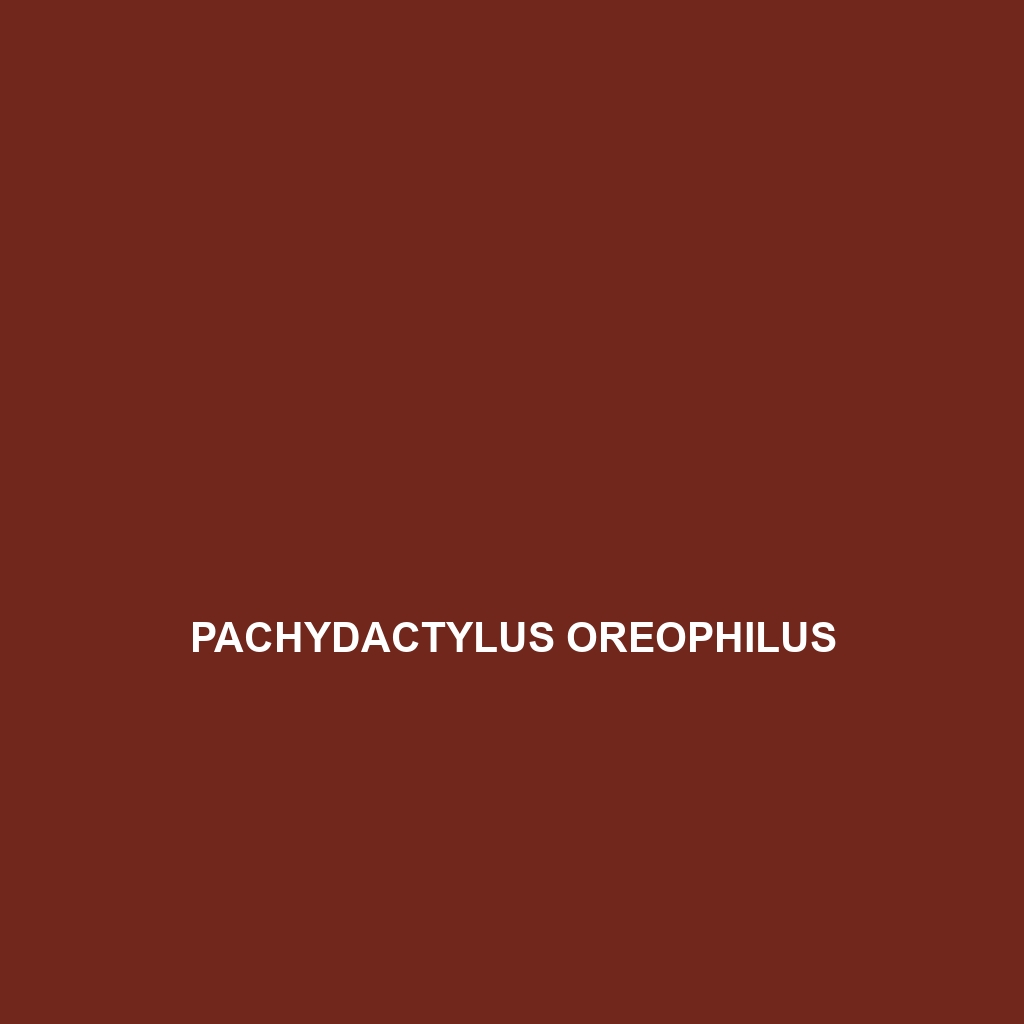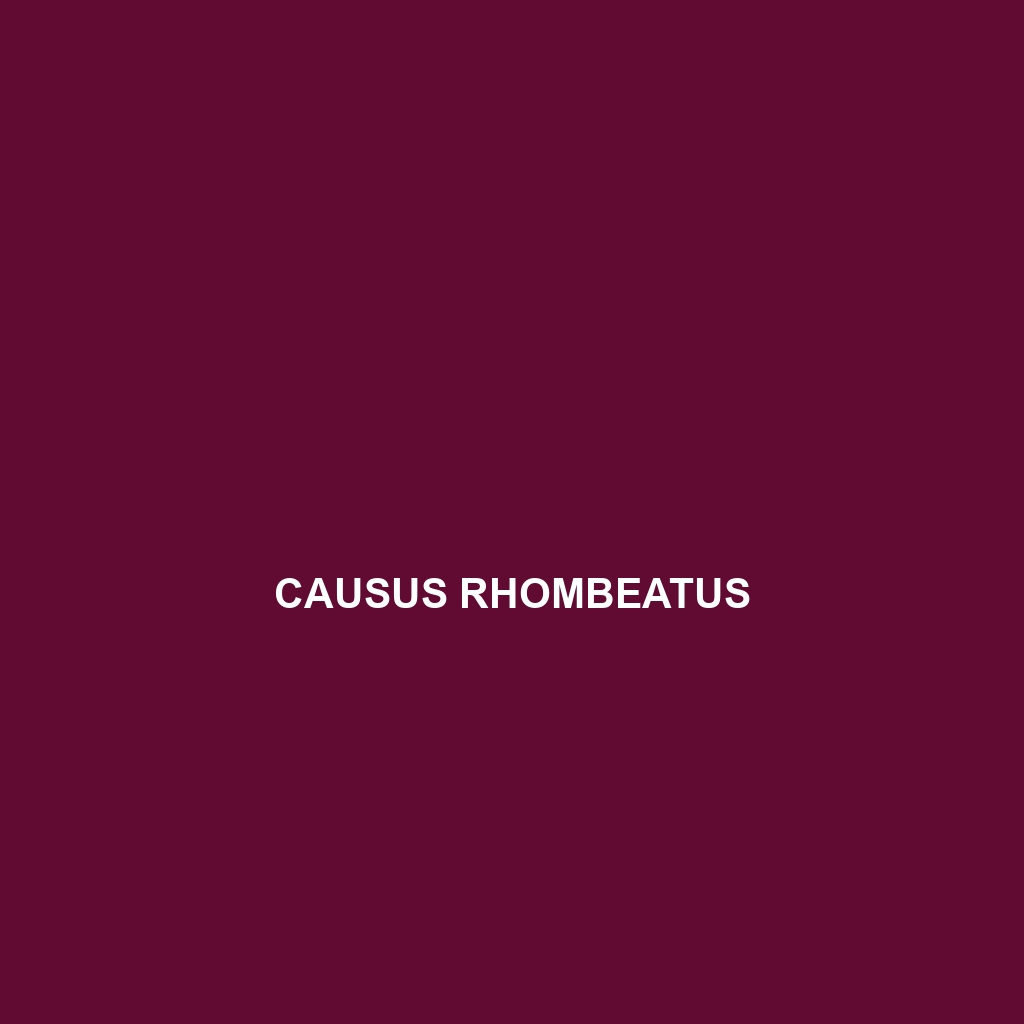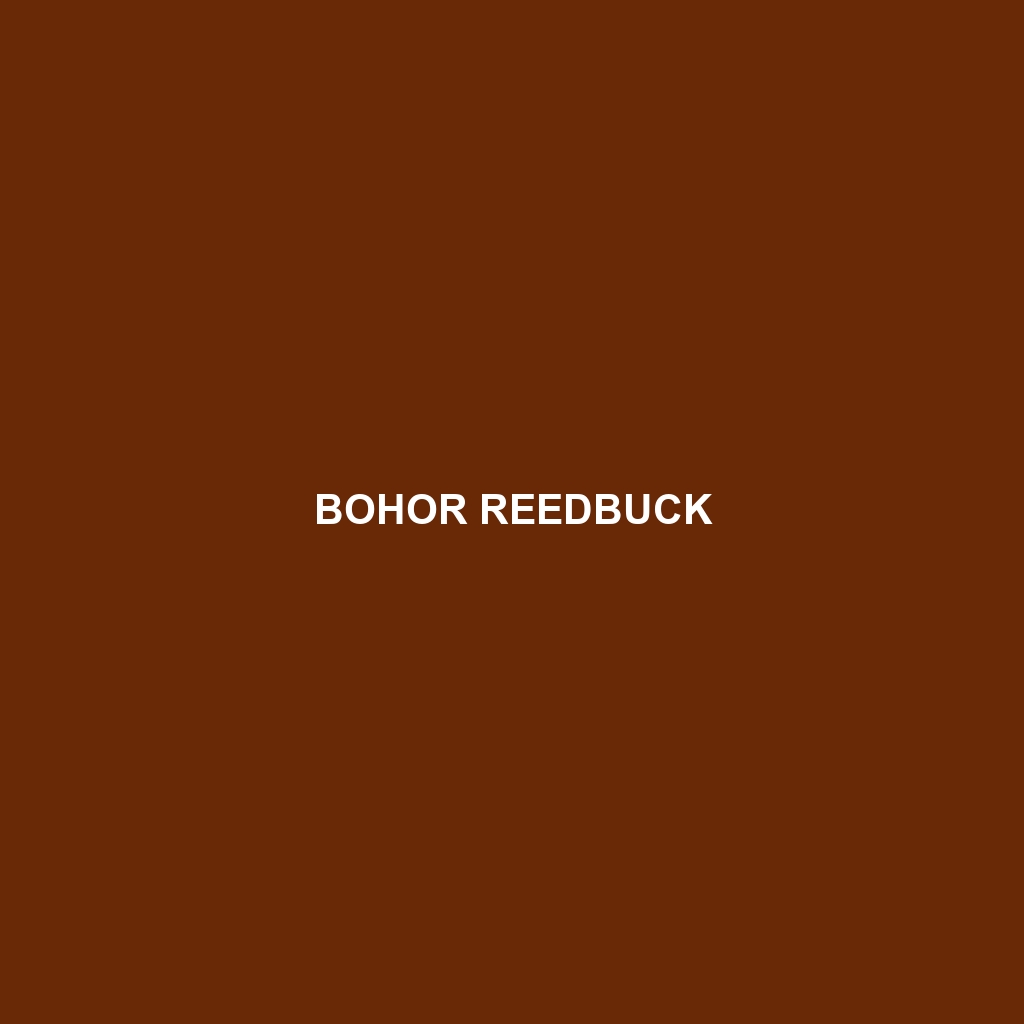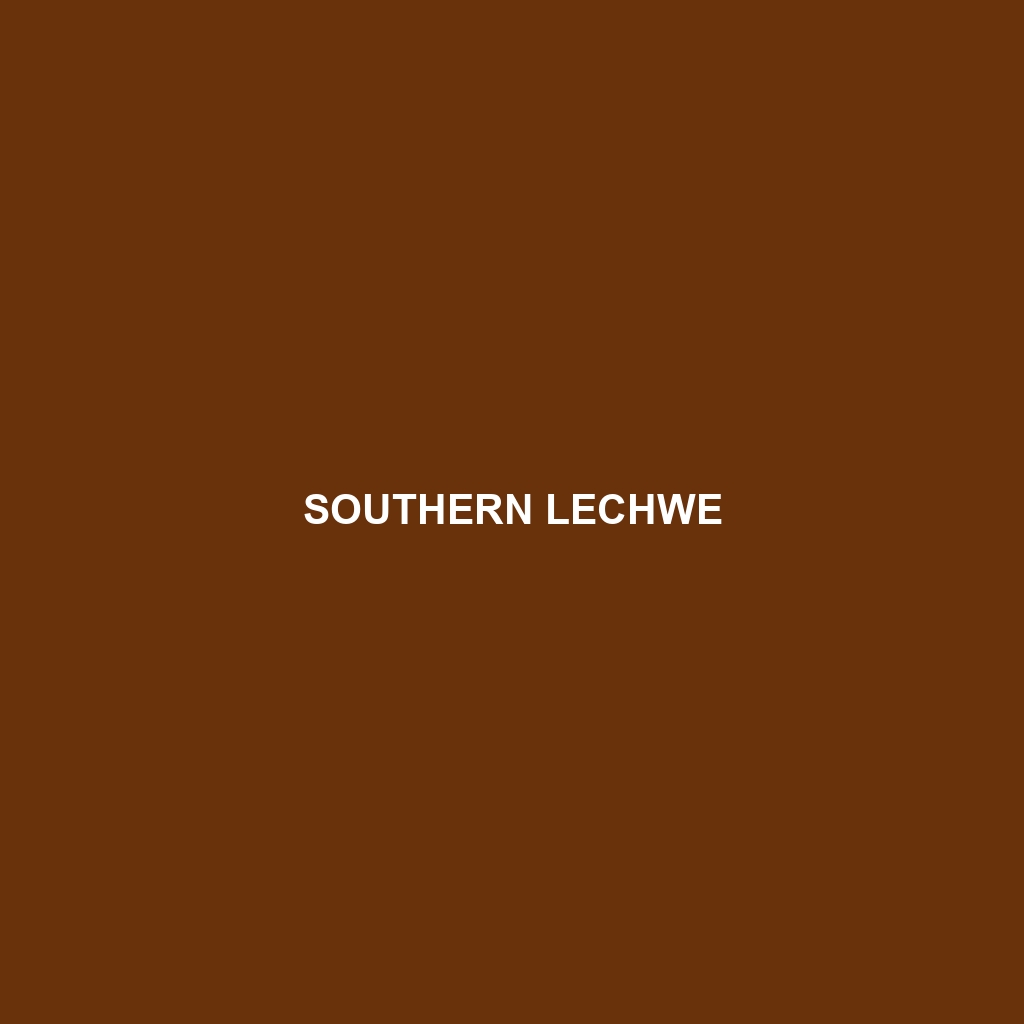<b>Pachydactylus oreophilus</b> is a distinctive gecko native to arid regions of southwestern Africa, featuring an 8-12 cm long, broad body with large, elongated toes for climbing. Primarily nocturnal, it thrives on a diet of insects and plays a crucial role in maintaining ecological balance within its habitat.
Tag: South Africa
Meroles squamulosus
<p>The <b>Meroles squamulosus</b>, commonly known as the <b>Scaly Ground Lizard</b>, is a diurnal species native to the semi-arid regions of southern Africa, featuring an elongated body that reaches lengths of 15 to 20 centimeters and a variable coloration of earthy tones. This insectivorous lizard plays a crucial role in its ecosystem by controlling insect populations and serving as prey for larger animals.</p>
Leptotyphlops macrops
Discover the fascinating Western Blind Snake (Leptotyphlops macrops), a slender, nocturnal insectivore that thrives in arid habitats across Namibia, Botswana, and South Africa, showcasing unique adaptations and a vital ecological role by regulating insect populations. With smooth scales and relatively large eyes, this secretive species is primarily found burrowing in dry grasslands and savannas.
Causus rhombeatus
The Causus rhombeatus, or Rhombic Night Adder, is a medium-sized, nocturnal snake native to sub-Saharan Africa, known for its distinctive rhombus-shaped markings and docile nature. Primarily an ambush predator, it feeds on small mammals and lizards, playing a crucial role in its ecosystem.
Mountain Reedbuck
Explore the fascinating world of the Rhebok, a medium-sized antelope native to the mountainous regions of southern Africa. With its distinctive reddish-brown coat, impressive agility, and unique social behaviors, the Rhebok thrives in diverse grasslands and rocky terrains. Learn about its habitat, diet, reproduction, and crucial role in maintaining ecological balance in this captivating species description.
Bohor Reedbuck
Explore the fascinating world of the Southern Reedbuck, a graceful antelope native to the wetlands of southern Africa. Discover their unique habitat, physical characteristics, elusive behavior, and essential role in maintaining the ecosystem. Learn about their diet, reproduction, and the conservation efforts in place to protect this intriguing species.
Southern Lechwe
Discover the fascinating world of the Waterbuck, a striking antelope native to Sub-Saharan Africa. With its unique dark brown coat, iconic white rear ring, and remarkable swimming abilities, the Waterbuck thrives in wetlands and savannas, playing a vital role in its ecosystem as both a grazer and prey. Learn about its social behavior, diet, and conservation status in this comprehensive species overview.
Royal Antelope
Discover the remarkable Gemsbok, an iconic antelope species native to the arid landscapes of southern Africa. Known for its stunning physical adaptations, including striking black and white markings and impressive straight horns, the Gemsbok thrives in harsh environments where it can survive long periods without water. Explore their unique behaviors, dietary habits, and essential role in maintaining ecological balance in their habitats, while also learning about ongoing conservation efforts to protect this fascinating species.
Black-fronted Duiker
Discover the elusive **Natal Red Duiker** (*Cephalophus natalensis*), a small to medium-sized antelope thriving in the coastal forests and dense bushy areas of southern and eastern Africa. With their stunning reddish-brown fur and unique behaviors, these nocturnal creatures play a vital role in their ecosystem as browsers and seed dispersers, yet they face threats from habitat loss and hunting. Learn more about their fascinating characteristics, diet, and conservation status in this detailed blog post.
Rwenzori Red Duiker
Discover the elusive **Black-fronted Duiker** (*Cephalophus nigrifrons*), a fascinating herbivore native to the dense forests of southeastern Africa. Known for their distinctive black facial markings and agile movements, these duikers play a crucial role in their ecosystem by aiding in plant growth and seed dispersal. Despite their enchanting behaviors and importance in biodiversity, they face threats from habitat loss and hunting, leading to their current vulnerable status.









